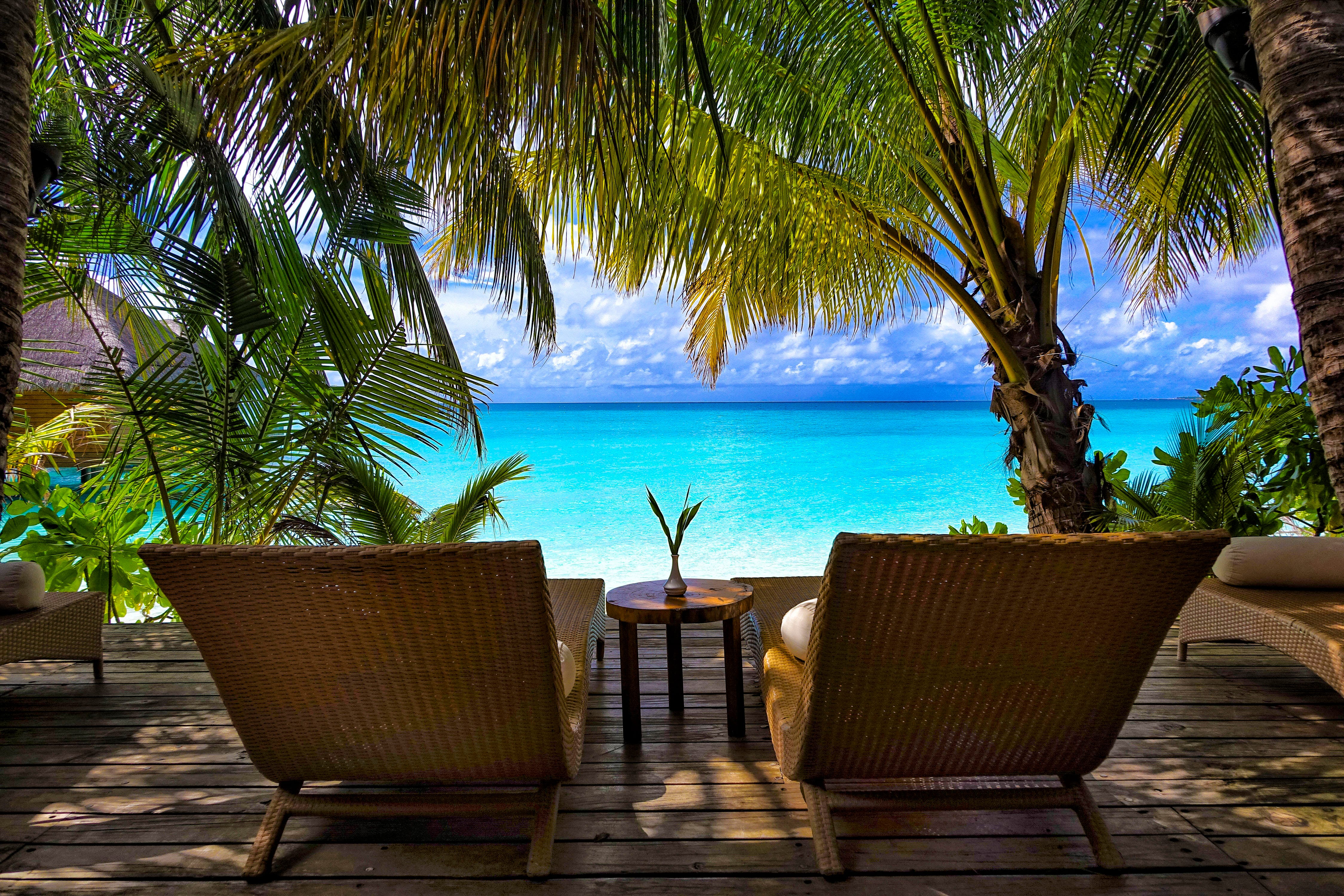By Ian Sherr
What started with my wife and me looking for an escape from digital overload has completely changed the way we take vacations.
I’d been pulling all-nighters. Endless calls with my colleagues made me late for dinners with friends, tied me to my phone nearly all hours of the day and left me frazzled.
Then I read a survey by American Express that floored me: Nearly 80 percent of vacationers expected to remain connected to the net for some or all of their vacation. More than two-thirds of them said they’d be checking their work email.
That inspired us to seek out our first disconnected vacation. We wanted to find a place that was remote enough that even the vast wireless networks that deliver YouTube videos, Facebook posts and work emails to our handheld gadgets couldn’t find us. A place without Wi-Fi or cellular.
We found it in Jenner, California, a slow-going village (population 136, according to the last US Census) on the California coast, about two hours north of San Francisco. It has a coffee shop, a gas station, a couple of restaurants and a bar. And practically no cell service.
It was heavenly.

It’s almost impossible to detach ourselves from the digital world these days. We check our phones 47 times a day, on average. Almost half of us check our phone at least once in the middle of the night, says consulting firm Deloitte, and nearly two-thirds of us reach for our phones within 15 minutes of waking up. And an astounding number of us say Wi-Fi is more important than sex, chocolate or alcohol.
It’s why off-the-grid vacations are becoming a thing, whether to remote locales in places like Africa and Asia (Gobi Desert, anyone?) or to spas that combine luxe accommodations with safes to lock away your gadgets. There’s also a growing number of “digital detox” programs just to get you to turn off your devices for a while.
“There is this awareness of, ‘I know I need to cut back, but what do I do?’ ” says Sylvia Hart Frejd, founder and executive director of the Center for Digital Wellness at Liberty University, which helps students learn about the dangers of digital saturation. “Technology is rewiring our brains for distraction and, in turn, addiction.”
